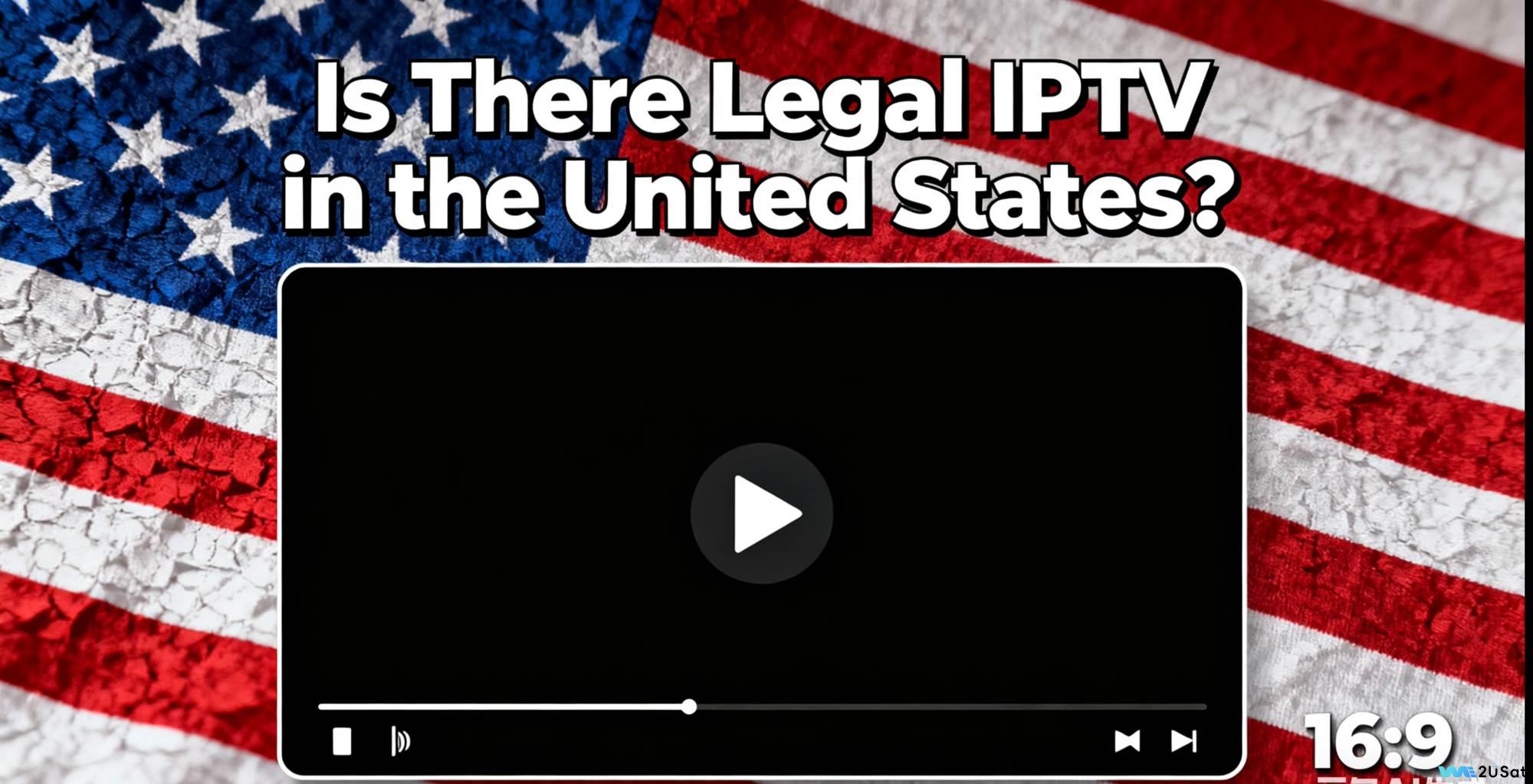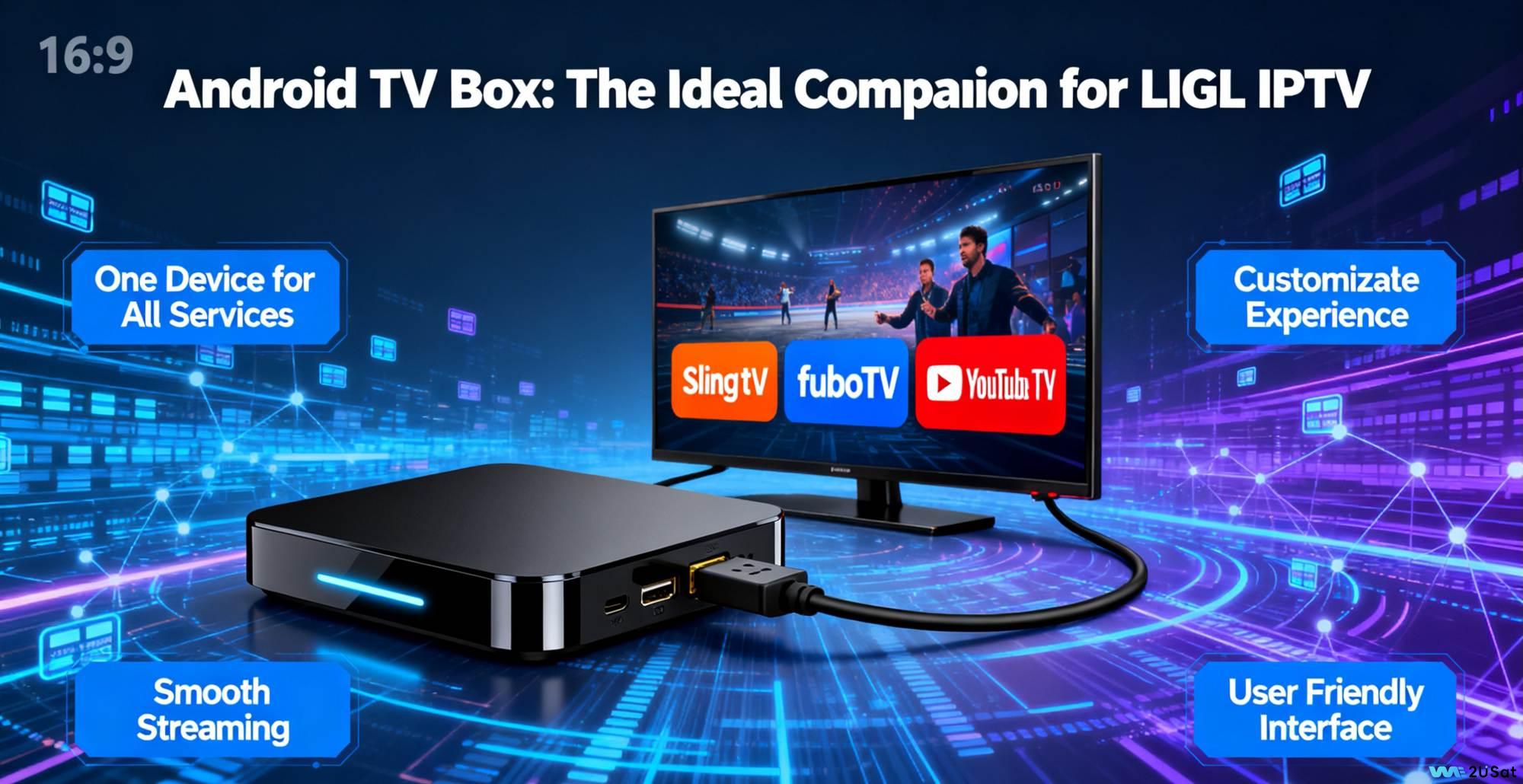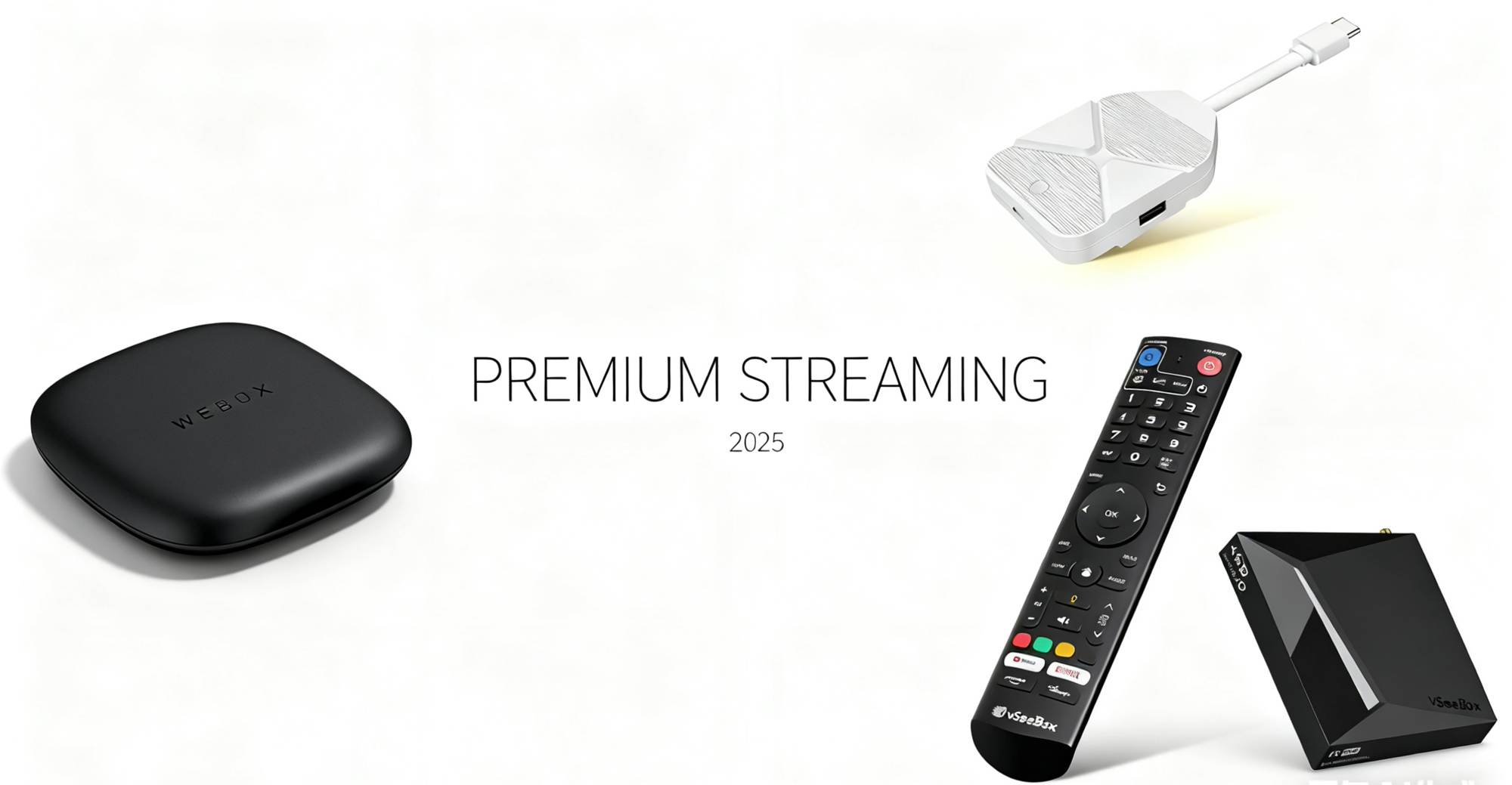In this era of information explosion, how can you watch TV programs more intelligently and freely? IPTV is the answer.
Have you ever felt frustrated for missing your favorite TV shows? Felt dissatisfied with the high monthly cost of cable TV? Longed to watch a vast amount of content freely on any device? IPTV (Internet Protocol Television) is the perfect solution to these pain points.
contente
Personalized Viewing Experience
Massive Content Library
Multi-Device Compatibility
Cost-Effectiveness
Interactivity and Functionality
How to Choose a Legal IPTV Service?
Features of Legal IPTV Services
Risks of Illegal IPTV Services
What Is IPTV?
IPTV, short for Internet Protocol Television, is a technology that delivers TV content via the internet instead of traditional terrestrial broadcasting, cable, or satellite signals. It uses network protocols to transmit TV programs, video-on-demand (VOD), and other multimedia content directly to your devices.
Simply put, IPTV converts TV content into data—just like web pages or emails—and transmits it over the internet. This means you can break free from the fixed schedules of traditional TV and watch whatever you want, whenever and wherever you like.How Does IPTV Work?
Unlike traditional TV, IPTV relies on IP (Internet Protocol)—its core technology—to “package” content into data streams and transmit them to your devices via the internet.

Key Difference: IPTV vs OTT
● IPTV: Uses a dedicated managed network. Your ISP (Internet Service Provider) allocates special bandwidth for IPTV traffic, ensuring a high-quality, stable viewing experience.
● OTT Services (e.g., Netflix, YouTube): Use the public internet. All data is transmitted through the same public channels, which may cause buffering during network congestion.
The content transmission process of IPTV includes four key steps: content acquisition and storage, encoding and compression, transmission via IP networks, and finally decoding and playback on user devices.
Three Main Types of IPTV
Video-on-Demand (VOD)
Choose movies or shows freely, completely free from the constraints of fixed broadcast times. It’s like having a huge digital video library that you can browse and watch anytime.
Time-Shifted Media
Even if you miss a live program, you can replay it at your convenience. Most time-shifted services allow you to watch programs anytime within a certain period (usually a few days) after they air.
Live TV
Broadcasts TV programs, sports events, and special events in real time via the internet. It works similarly to traditional live TV but is transmitted over IP networks.

Why Choose IPTV?
1. Personalized Viewing Experience
IPTV lets you watch content according to your own schedule, no longer restricted by the fixed timetables of TV stations. You can pause, rewind, or fast-forward content as easily as using a DVD player.
2. Massive Content Library
Compared with traditional cable or satellite TV, IPTV usually offers more channel options—especially international channels and niche interest-based channels. Some top-tier IPTV services provide over 20,000 live channels and a huge VOD library.Dedicated IPTV-designed boxes like we2usat provide free access to over 5,000 channels. For more details, please follow "Can I watch all content in we2usat?"
3. Multi-Device Compatibility
You can watch IPTV content on a variety of devices, including smart TVs, smartphones, tablets, computers, and dedicated IPTV set-top boxes. It truly realizes “one subscription, watch anywhere”—for details, follow “Free IPTV, Zero-Cost Entertainment”.
4. Cost-Effectiveness
IPTV services are usually more affordable than traditional cable or satellite TV packages. There are no expensive equipment rental fees or long-term contract obligations. You can choose a package that better fits your needs and budget, or opt for a dedicated IPTV set-top box (e.g. vseebox.we2usat) to greatly reduce operational complexity.
5. Interactivity and Functionality
IPTV can easily integrate TV services with web browsing, email, and various online functions such as information inquiry, entertainment, education, and business.

How to Choose a Legal IPTV Service?
With the popularity of IPTV, various service providers have emerged in the market. However, it is crucial to distinguish between legal and illegal IPTV services.
Features of Legal IPTV Services
● Hold appropriate authorization and licenses for content
● Cooperate with formal content providers
● Offer stable service quality and customer support
● Transparent and reasonable pricing
Risks of Illegal IPTV Services
● Infringe on content copyrights and may be shut down at any time
● Lack technical support and service quality guarantees
● May bring security risks and legal consequences
● Unreliable video quality and stability
When choosing an IPTV service, be sure to conduct thorough research. You can also browse large forums like Reddit to select providers with a good reputation and formal authorization.

summary
IPTV represents the future direction of TV viewing. It gives viewers more control and flexibility, completely changing the way we consume media content. With the continuous advancement of technology and the improvement of internet infrastructure, IPTV will continue to reshape our home entertainment experience.
Whether you want to save costs, access more content options, or simply watch TV more freely, IPTV is worth considering.
It’s time to break free from the constraints of traditional TV and enter a new era of personalized viewing!
FAQs
1. What Internet Speed Is Required for IPTV?
It depends on the quality of the content you watch. Generally speaking:
● SD (Standard Definition) content requires at least 3-5 Mbps
● HD (High Definition) content requires 8-10 Mbps
● 4K content requires 20-25 Mbps or higher.
2.Can IPTV Replace Traditional Cable TV?
For most users, yes. As long as you choose a legal IPTV service, it can provide richer content options and more flexible viewing methods than traditional cable TV—usually at a lower cost.
3. Do I Need Special Equipment to Use IPTV?
It depends on the service you choose. Some services require a dedicated IPTV set-top box, while others can be used via apps on smart TVs, smartphones, or tablets.



